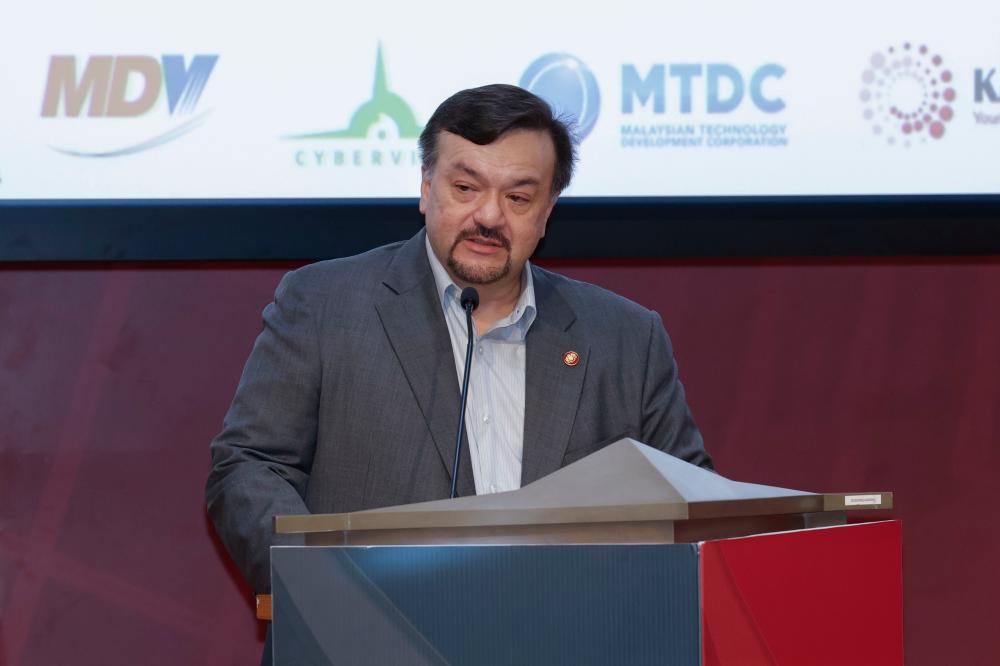KUALA LUMPUR: There is a need for diversified funding in Malaysia’s venture capital landscape as it is overly reliant on government-related sources, said Finance Minister II Datuk Seri Amir Hamzah Azizan.
He highlighted that in 2022, government agencies and sovereign wealth funds contributed nearly two-thirds, or 63%, of total venture capital funding.
“While this demonstrates the government’s commitment to nurturing start-ups, it also highlights a gap that must be addressed to ensure the ecosystem’s sustainability and dynamism,” he said at the Malaysia Venture Forum 2024 today.
Amir Hamzah said an ecosystem dependent primarily on public funding will struggle to fully mature.
“This dependency not only limits the growth trajectory of startups as they evolve, but also diminishes Malaysia’s attractiveness to seasoned international venture capitalists. These global players bring more than just substantial financial resources; they bring expertise, mentorship, and access to international networks, all of which are invaluable for scaling start-ups to compete on the global stage.”
To address this, Amir Hamzah, said a diversified funding landscape is essential.
“The roles of all ecosystem players – GLICs, private sector investors, and start ups – are pivotal in energising Malaysia’s nascent venture capital ecosystem and accelerating its evolution,” he said.
Amir Hamzah said the government, through GLICs, must continue to lead by example, providing both funding and mentorship to seed the development of Malaysia’s VC and startup ecosystem. The private sector investors must also step up their participation, injecting fresh capital and bringing their market-driven perspectives into venture capital funding.
And it is also critical for startups themselves to focus on building high-quality business models that attract investments from both local and international players, he said.
“Through a shared commitment and a proactive approach from every stakeholder, we can build a venture capital ecosystem that is not only vibrant but also self-sustaining,” he added.
As the venture capital ecosystem expands, Amir Hamzah said, it is inevitable that it will encounter challenges, including the risks associated with investing in innovation-driven businesses.
“Venture capital, by its nature, is not without uncertainty; it is built on a foundation of high-risk, high-reward decision-making. We must recognise that there will, predictably, be investments that do not meet their intended outcomes. These are part and parcel of a dynamic venture capital ecosystem.”
However, he said they should not deter from taking bold steps forward. Instead, they should be viewed as opportunities to strengthen governance frameworks, refine strategies, and reinforce the resolve to support innovative start-ups with the potential to transform the nation’s economy.
“Where we are not successful, we must take our lessons from it and do better. The government stands firmly behind the venture capital ecosystem, and we encourage all stakeholders – investors, entrepreneurs, and the public—to have confidence in our institutions, which remain committed to balancing calculated risk-taking with sound governance,” remarked Amir Hamzah.









